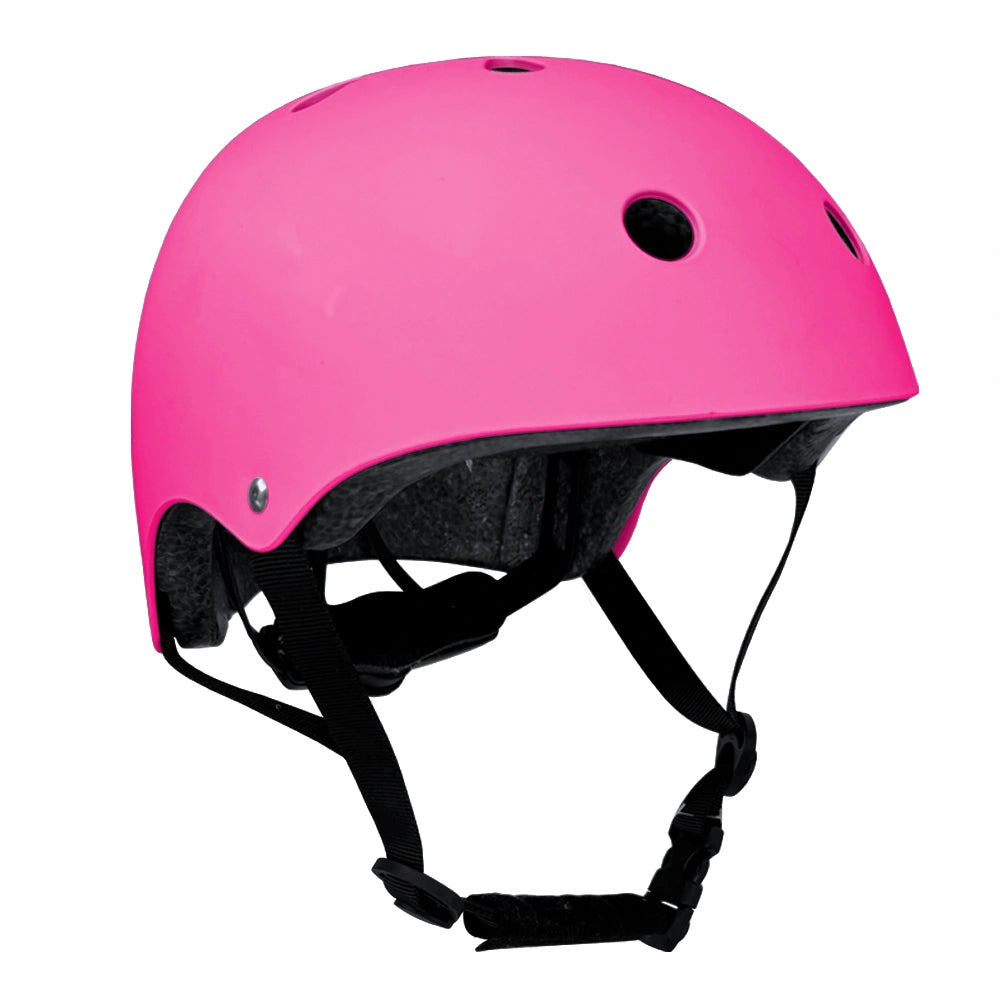Kids Scooters have long been a popular choice among children for outdoor play and transportation. They provide a fun and engaging way for kids to get around while also promoting physical activity and balance skills. However, determining the appropriate age for a child to have a scooter can be a tricky decision for parents. Factors such as skills, coordination, and safety considerations all come into play when deciding when to introduce a scooter to a child. In this blog post, we'll explore these factors in depth to help parents make an informed decision about when to introduce their child to the world of scootering.
Developmental Milestones
Balance and Coordination
Balance and coordination are crucial skills for riding a scooter safely. Children need to be able to maintain their balance while standing on the scooter and coordinate their movements to steer and propel themselves forward. While some children may develop these skills earlier than others, most children have the necessary balance and coordination by the age of 3 or 4.
Safety Considerations
Safety should always be a top priority when considering a child's readiness for a scooter. Parents should ensure that their child has the necessary safety gear for scooters, including a helmet, knee pads, and elbow pads, before allowing them to ride a scooter. Additionally, parents should supervise their child closely while they are learning to ride and choose appropriate riding environments, such as flat, smooth surfaces away from traffic.
Emotional Readiness
In addition to physical readiness, it's essential to consider a child's emotional readiness for riding a scooter. Some children may be hesitant or fearful about trying new activities, such as riding a scooter, while others may be eager to give it a try. Parents should take their child's temperament and comfort level into account when deciding when to introduce them to a scooter.
Parental Guidance and Support
Parental guidance and support play a crucial role in helping children learn to ride a scooter safely. Parents should take the time to teach their child the basics of scooter riding, including how to balance, steer, and brake properly. They should also provide encouragement and praise as their child learns new skills and offer gentle guidance and corrections as needed.
Conclusion
In conclusion, there is no one-size-fits-all answer to the question of what age a child should have a scooter. Instead, parents should consider a variety of factors, including their child's developmental milestones, balance and coordination skills, safety considerations, emotional readiness, and the level of parental guidance and support available. By taking these factors into account, parents can make an informed decision about when to introduce their child to the joys of scootering while ensuring their safety and enjoyment.














